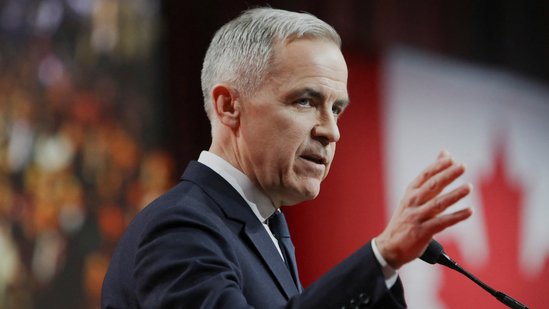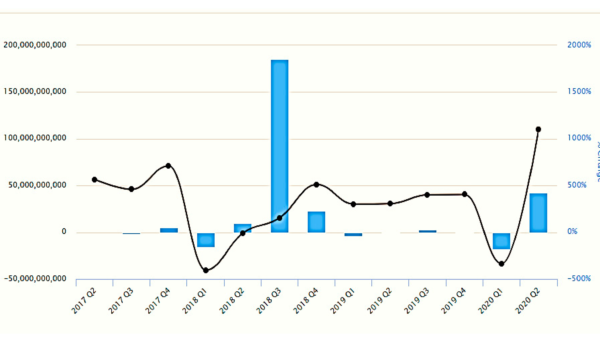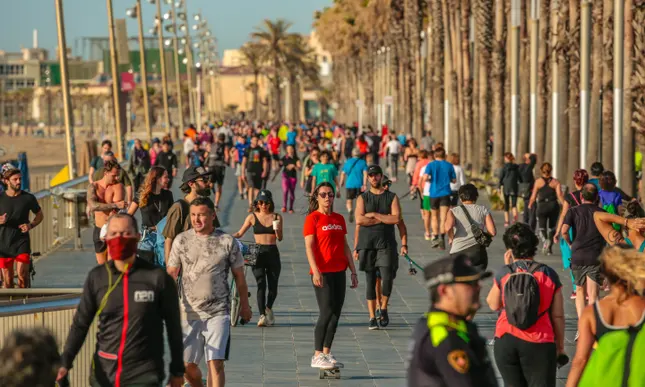As spring heralds renewal, Spain and Italy commence a significant relaxation of COVID-19 restrictions. The nations’ leaders urge cautious optimism. With commenced efforts, bustling cafes greet familiar faces, and once-silent streets buzz anew. This commencement signals more than a policy shift; it’s a collective exhale. Spain and Italy, their resilience tested, now embrace a future where normalcy isn’t a distant memory. These commenced steps are small, yet they hold the promise of a reclaimed vibrancy in every alley and plaza.
In Europe, Spain and Italy are among the first countries to start the process of lifting COVID-19 restrictions as they aim for a gradual return to normalcy. While the situation is slowly improving, both countries are taking cautious steps to ease lockdown measures. Here are the key highlights:
Spain: Spain has allowed millions of non-essential workers to return to their jobs after several weeks of lockdown. The government distributed millions of masks on public transport networks to promote safety. Prime Minister Pedro Sanchez emphasized that social distancing and a ban on non-essential travel will remain in place. However, he mentioned the possibility of a “progressive and very cautious” relaxation of measures in the coming weeks.
Italy: Italy has started a phased return to normality as new infections have fallen to just 2 percent. The death toll in Italy, which exceeded 20,000, saw a decline from a peak of 919 deaths just over two weeks ago. Italy is reopening non-essential shops such as bookstores and children’s clothing stores. Social distancing measures and the closure of non-essential industries will continue.
France: French President Emmanuel Macron announced that the lockdown in France would be extended until at least May 11. While expressing hope, he admitted that the country was not adequately prepared for the pandemic.
Germany: In Germany, Chancellor Angela Merkel is facing pressure to ease lockdown measures. Experts have recommended opening schools from Monday and allowing shops and restaurants to reopen while observing social distancing measures. Germany has maintained a relatively low mortality rate due to its extensive testing capacity.
Several other European countries, including Austria, Denmark, and the Czech Republic, are also planning to gradually ease their lockdown measures. The World Health Organization’s chief, Tedros Adhanom Ghebreyesus, stressed the importance of lifting restrictions gradually as the virus decelerates slowly.
It’s important to note that as countries begin to ease restrictions, the situation remains dynamic, and measures may be adjusted based on the evolving circumstances and the spread of the virus. Public health and safety measures will continue to play a critical role in this process.
































